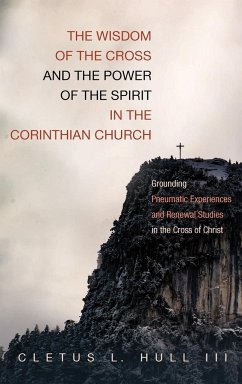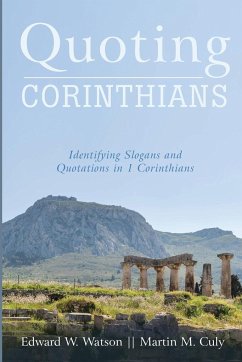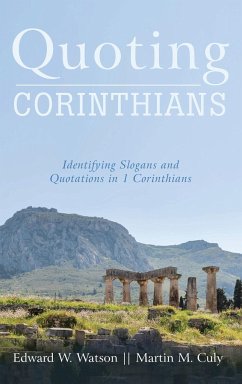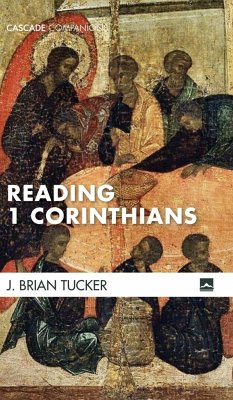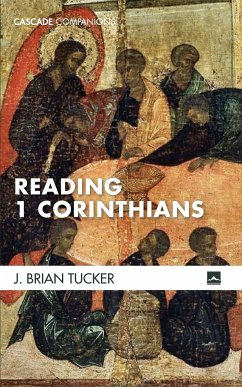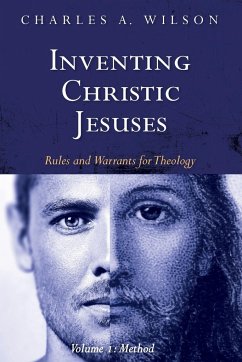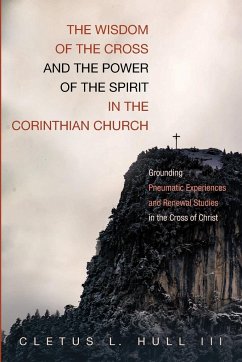
The Wisdom of the Cross and the Power of the Spirit in the Corinthian Church
Versandkostenfrei!
Versandfertig in 1-2 Wochen
23,99 €
inkl. MwSt.
Weitere Ausgaben:

PAYBACK Punkte
12 °P sammeln!
The cross of Christ crucified symbolized the central theme of Paul's ministry. In his letter to the Corinthians, the apostle commenced his correspondence with the message about the cross and power of God (1 Cor 1:18, NRSV). The proposal for this paper utilizes the method analogia scripturae. Set within the wisdom motif of the Greco-Roman world, this study is dedicated to the examination of the apostle's Christology in the context of 1 Cor 1:18-25 and the pneumatology in 1 Cor 2:9-16 as both pericopes are juxtaposed in his epistle. Essentially, the thesis concerns the grounding of the pneumatol...
The cross of Christ crucified symbolized the central theme of Paul's ministry. In his letter to the Corinthians, the apostle commenced his correspondence with the message about the cross and power of God (1 Cor 1:18, NRSV). The proposal for this paper utilizes the method analogia scripturae. Set within the wisdom motif of the Greco-Roman world, this study is dedicated to the examination of the apostle's Christology in the context of 1 Cor 1:18-25 and the pneumatology in 1 Cor 2:9-16 as both pericopes are juxtaposed in his epistle. Essentially, the thesis concerns the grounding of the pneumatology of Paul with his Christology in 1 Corinthians. The Corinthian church required clarification and pastoral wisdom with their pneumatic experiences; thus, Paul recognized that a strong theology of the cross complemented their encounters with the Spirit. The question for biblical studies involves a lively tension of the pneumatology of the Spirit with a robust Christology. Because the power of God throughout this passage has the cross as its paradigm, the structure of the book leads to the significance of the apostle's pneumatological contribution of the cross and Christ crucified (1 Cor 1:18; 2:2). For this reason, a strong Christology must ground the pneumatology of the Pauline corpus. This study in biblical literature commences a new discussion in ecumenical dialogue between pneumatic experiences in the church and christological issues in Scripture.




